Financial Economics
DILLARD UNIVERSITY FINANCIAL ECONOMICS
Local, state and national economies are ever changing which makes for exciting learning opportunities. Get introduced to such great career opportunities as investment banking, corporate financial management and financial regulatory affairs. Learn from the University that placed first in the 2020 National HBCU Stock Market Challenge.
Complete a total of 121 credit hours of coursework for graduation.
General Education Core – 41 credit hours
Business Core – 50 credit hours
Major Requirements – 30 credit hours
Business Core
ACC 211 – Principles of Accounting I 3 cr.
ACC 212 – Principles of Accounting II 3 cr.
BM 211 – Principles of Management 3 cr.
BM 318 – Management Information Systems 3 cr.
BM 323 – Business Law I 3 cr.
BM 343 – Business and Professional Communications 3 cr.
BM 401 – Leadership in Ethical Decision-Making 3 cr.
BM 438 – Operations Management 3 cr.
BM 460 – Strategic Management 3 cr.
BM 490 – Research in Business I 1 cr.
BM 491 – Research in Business II 1 cr.
ECO 202 – Principles of Microeconomics 3 cr.
ECO 240 – Calculus for Economics and Business 3 cr.
ECO 306 – Economic and Business Statistics 3 cr.
FIN 203 – Principles of Finance 3 cr.
MKT 213 – Principles of Marketing 3 cr.
STA 205 – Foundation of Statistics 3 cr.
Global Business Elective: 3 cr.
Major Requirements
BM 300 – Internship 3 cr.
ECO 302 – Intermediate Microeconomics 3 cr.
ECO 303 – Intermediate Macroeconomics 3 cr.
ECO 305 – Money and Banking 3 cr.
ECO 341 – Basic Econometrics 3 cr.
FIN 304 – Corporate Finance 3 cr.
FIN 415 – Investment 3 cr.
FIN 460 – Financial Institutions and Capital Markets Strategies 3 cr.
Business Elective: 6 cr.
Financial Economics Curriculum
First Year
First Semester
ENG 111 – Expository Writing 3 cr. ♦
FFR 121 – Elementary French I 3 cr. ♦ or
FSP 121 – Elementary Spanish I 3 cr. ♦
FYS 101 – First Year Seminar I 1 cr. / Service Learning ♦ *
MAT 122 – Precalculus 3 cr. ♦
UCO 101 – University Convocation I 0 cr. ♦
Natural Sciences Elective & Laboratory 4 cr. ♦
Total: 14
Second Semester
ECO 240 – Calculus for Economics and Business 3 cr.
ENG 112 – Argument and Research 3 cr. ♦
FFR 122 – Elementary French II 3 cr. ♦ or
FSP 122 – Elementary Spanish II 3 cr. ♦
FYS 102 – First Year Seminar II 1 cr. / Service Learning ♦ *
UCO 102 – University Convocation II 0 cr. ♦
Physical Education Activity Elective 2 cr. ♦
Social Sciences Elective 3 cr. ♦
Total: 15
Second Year
First Semester
ACC 211 – Principles of Accounting I 3 cr.
BM 211 – Principles of Management 3 cr.
ECO 203 – Principles of Macroeconomics 3 cr. ♦
ENG 201 – Readings in World Literature I 3 cr. ♦ or
ENG 202 – Readings in World Literature II 3 cr. ♦
Social Sciences Elective 3 cr. ♦
Total: 15
Second Semester
ACC 212 – Principles of Accounting II 3 cr.
AWS 100 – Survey of the African World 3 cr. ♦ or
REL 208 – The Black Church in the U.S. 3 cr. ♦
ECO 202 – Principles of Microeconomics 3 cr.
ENG 199 – Writing Proficiency Examination 0 cr. ***
STA 205 – Foundation of Statistics 3 cr.
Humanities Elective 3 cr. ♦
Total: 15
Third Year
First Semester
BM 300 – Internship 3 cr.
BM 318 – Management Information Systems 3 cr.
ECO 302 – Intermediate Microeconomics 3 cr.
ECO 305 – Money and Banking 3 cr.
ECO 306 – Economic and Business Statistics 3 cr.
MKT 213 – Principles of Marketing 3 cr.
Total: 18
Second Semester
BM 323 – Business Law I 3 cr.
BM 343 – Business and Professional Communications 3 cr.
ECO 303 – Intermediate Macroeconomics 3 cr.
ECO 341 – Basic Econometrics 3 cr.
FIN 203 – Principles of Finance 3 cr.
Business Elective 3 cr.
Total: 18
Fourth Year
First Semester
BM 438 – Operations Management 3 cr.
BM 490 – Research in Business I 1 cr.
FIN 304 – Corporate Finance 3 cr.
FIN 415 – Investment 3 cr.
FIN 460 – Financial Institutions and Capital Markets Strategies 3 cr.
Total: 13
Second Semester
- BM 401 – Leadership in Ethical Decision-Making 3 cr.
- BM 460 – Strategic Management 3 cr.
- BM 491 – Research in Business II 1 cr.
- Business Elective 3 cr.
- Global Business Elective 3 cr. ****
Total: 13
Total Required Hours: 121
*Service Learning: Students will earn a total of 30 service learning hours after successful completion of FYS 101 & FYS 102.
**Community Service: Students must contact the Center for Career and Professional Development for pre-approved community service project to earn a total of 90 hours of community service by the end of their junior year.
***Writing Proficiency Examination: Students must complete ENG 111 and ENG 112 with a minimum grade of ‘C’ to register for ENG 199 – Writing Proficiency Examination. Students who fail to take or do not pass ENG 199 must take ENG 200 – Review of Writing Strategies (3 credit hours).
****Take any designated Business Administration and/or Financial Economics 300/400 global business elective course.
With approval, CS 318 – Management Information Systems may be taken as a substitute for BM 318 – Management Information Systems.
The School of Accounting and Financial Economics provides quality education to students who want to major in accounting or financial economics. The school prepares students majoring in Accounting for careers in public, corporate, and not-for-profit accounting organizations that demand a high level of accounting professionalism. The school also provides quality education to students majoring in Financial Economics for careers in professional fields of economics or finance. In addition, it prepares students for graduate, professional and advanced studies in accounting, economics, finance and other related fields of study.
ACCOUNTING LEARNING OUTCOMES
Upon completion of the Bachelor of Science in Accounting, graduates will be able to:
- Apply accounting concepts and methods to interpret financial statements for evaluating the financial position and performance of organizations.
- Prepare, interpret and analyze accounting information for internal control, planning, performance evaluation, and coordination to continuously improve business processes.
- Prepare and deliver professional and effective business presentations which incorporate appropriate technologies.
FINANCIAL ECONOMICS LEARNING OUTCOMES
Upon completion of the Bachelor of Science in Financial Economics, graduates will be able to:
- Demonstrate and apply basic finance and investment concepts.
- Demonstrate and apply basic knowledge of financial economics.
- Demonstrate a solid understanding of economics and its role in public, private and nonprofit organizations.

